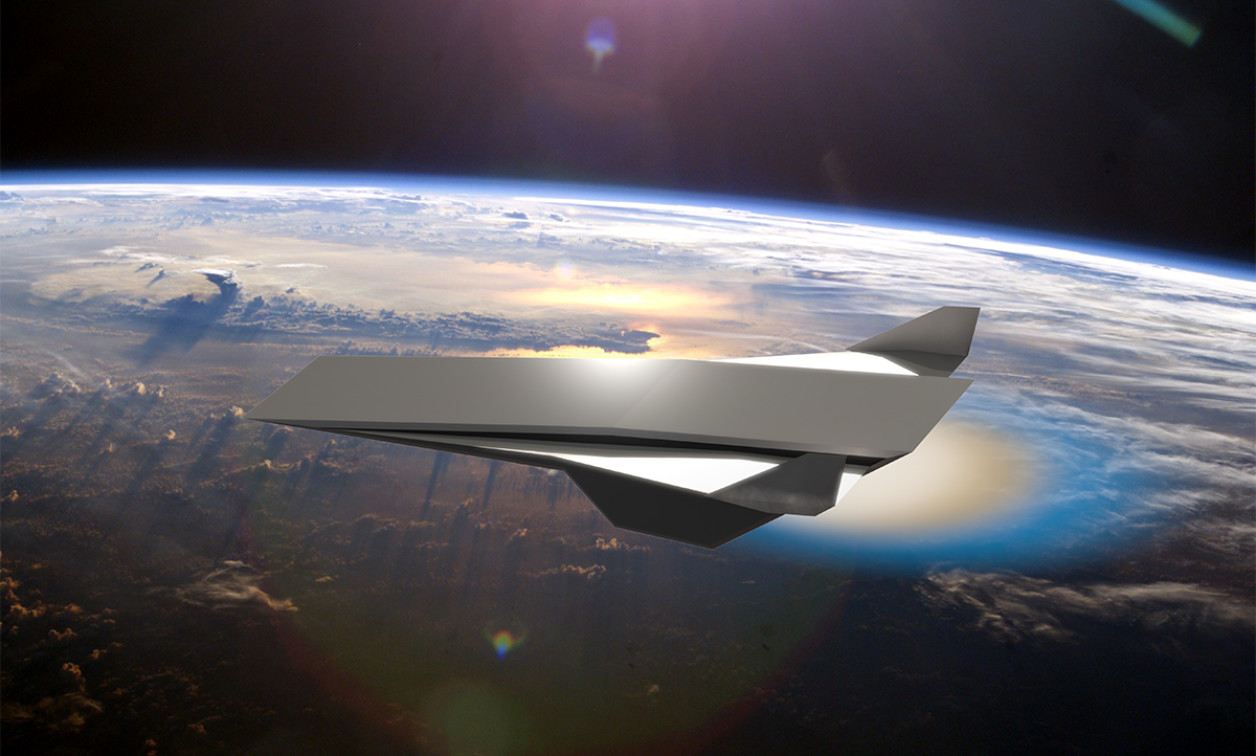Hypersonics research at UCF hints at possibility of flight at speeds up to Mach 17
NewsMay 17, 2021

ORLANDO, Fla. Researchers at the University of Central Florida (UCF) are building on the technology needed to enable hypersonic flight, as they reported that they have found a way to stabilize the detonation required for hypersonic propulsion, mainly by creating a special hypersonic reaction chamber for jet engines.
UCF Today, the news-reporting body of UCF, reported that research recently published in the journal Proceedings of the National Academy of Sciences showed that researchers in UCF’s Department of Mechanical and Aerospace Engineering have managed to harness the power of an oblique detonation wave, which is stationary and stabilized, unlike a rotating detonation wave that spins.
The system, according to the study authors, could enable air travel at speeds of Mach 6 to 17, or more than 4,600 to 13,000 miles per hour. Such high-Mach travel could mean a New York-to-Los Angeles transit in as little as 30 minutes.
Study coauthor Kareem Ahmed, an associate professor in UCF’s Department of Mechanical and Aerospace Engineering, said of the research: “There is an intensifying international effort to develop robust propulsion systems for hypersonic and supersonic flight that would allow flight through our atmosphere at very high speeds and also allow efficient entry and exit from planetary atmospheres. The discovery of stabilizing a detonation -- the most powerful form of intense reaction and energy release -- has the potential to revolutionize hypersonic propulsion and energy systems.”
The technology improves jet-propulsion engine efficiency to generate more power with lower fuel consumption than traditional propulsion engines, thereby lightening the fuel load and reducing emissions and cost.
In addition to faster air travel, the technology could also be used for space missions to make rockets lighter by requiring less fuel, which enables them to travel further and burn that fuel more cleanly.





